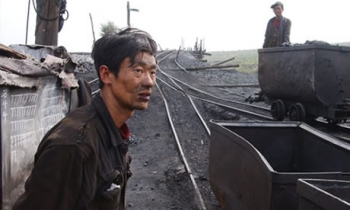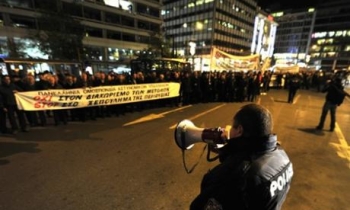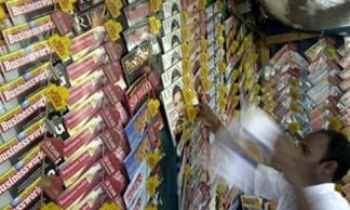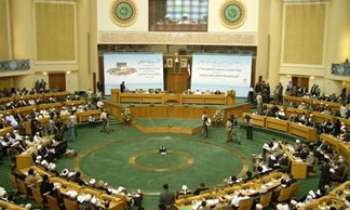NEW DELHI: The entire newspaper business has received a fillip with the National Readership Study Council (NRSC) agreeing for the first time ever to set up an independent Grievance Redressal Mechanism, as part of the effort to settle a court case filed by Rashtradoot, a major Rajasthan newspaper chain.
The president of Indian Newspaper Society (INS), Hormusji N Cama, has written on 4 July to all the newspapers and accredited advertising agencies, all members of INS, that the settlement includes setting up the Mechanism, to "address issues relating to the results of future national readership surveys".
Cama says further: "This will go a long way in ensuring fair play to our members and save them from going to court to seek justice after every survey."
Interestingly, Cama, who as INS president too a special initiative to get the case settled, writes: "I have requested NRSC to include Rashtradoot representative when they constitute the Grievance Redressal Committee, so that the injustices suffered by them, hopefully will not be repeated with other publisher members."
The settlement took a lot of doing on Cama's part in getting the embattled parties, NRS and Rashtradoot to come on a common platform, and is seen as a significant development because unlike any other case filed against NRS, which benefitted an individual newspaper, this has a widespread impact.
The settlement is now part of the court document at Delhi High Court, as both the parties had settled the matter in the court's notice, ending a four year old battle that had become a mess involving several newspapers and quite openly showing that NRS figures could be called to question.
The issue started when in 2003 Rashtradoot published a 'scoop' in their newspaper, even before that year's NRS study was out, that in Delhi, The Times of India had marched ahead of The Hindustan Times.
This came as a shocker to HT, which went to court and got a stay order on the results being published. The results were held back, but in the meantime, Rashtradoot was made a party to the case.
Then followed a spate of litigations involving several newspapers, but eventually the stay was vacated and the results of 2003 were sent to the newspapers in a CD, without a formal announcement.
That was when Rashtradoot found that they had been given a solid drubbing, with the results saying that all the six editions of the paper had registered amazing drop in circulation, and in fact, some of them had lost readers by up to 90 per cent, and so had their weekly Rashtradoot Saptahik.
The shocked newspaper owners wrote several letters the Council on this issue but none found a response.
Finally, when Rashtradoot's legal notice to NRSC was also not responded to, they went to Delhi High Court against the figures, and the case against NRSC started.
Sources say that during the passage of the court case, there were efforts to settle it mutually, and had NRSC made some corrective statement, the issue would have died down, but that did not happen.
Meanwhile, the chain suffered voluminous losses, and had to look for other legally valid paths of revenue generation.
At a point in time, the next round of NRSC survey was announced, and as per the requirements, Rashtradoot sent the Council the fees for being included, but strangely, the Council wrote to them saying that vide an unanimous decision, it has been decided to exclude Rashtradoot from all subsequent surveys by it.
That is when Rashtradoot filed a case against the Council in the Monopolies Restrictive Trade Practices, which the newspaper won, giving them the right to be included in the NRSC surveys in the future.
However, without informing the paper, NRS went to the Supreme Court and got the MRTP order stayed.
It is around this time that Cama became the president and started his endeavour to settle this attritious war, telling both parties that INS, the Audit Bureau of Circulation as well as the NRSC all stood to lose in this.
Sources say that Cama took this issue up in the very first meeting as the president, as he was aware how quite a lot of INS members were upset with NRSC, despite the fact that the entire survey is funded by INS members themselves.
NRSC has been created jointly by the INS, the Audit Bureau of Circulation and the Advertising Agencies Association of India.
Cama's intervention finally got the parties together and a deal affecting the entire industry was finally worked out as an agreement between the litigants, which the Delhi High Court has taken judicial notice of.
The MRTP case has, subsequent to this settlement, been withdrawn by Rashtradoot, and the NRSC is expected to withdraw the case in the Supreme Court any time.









